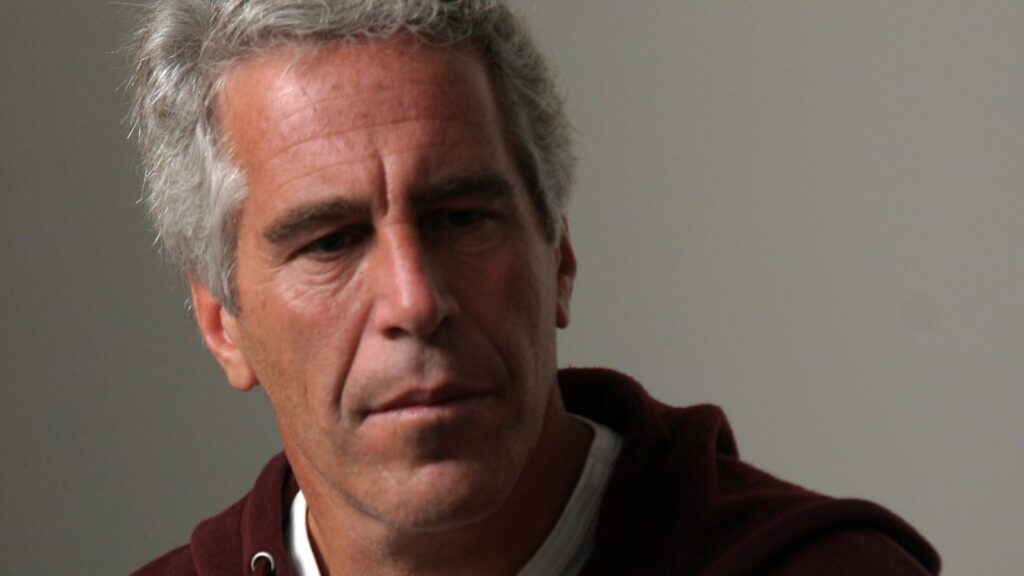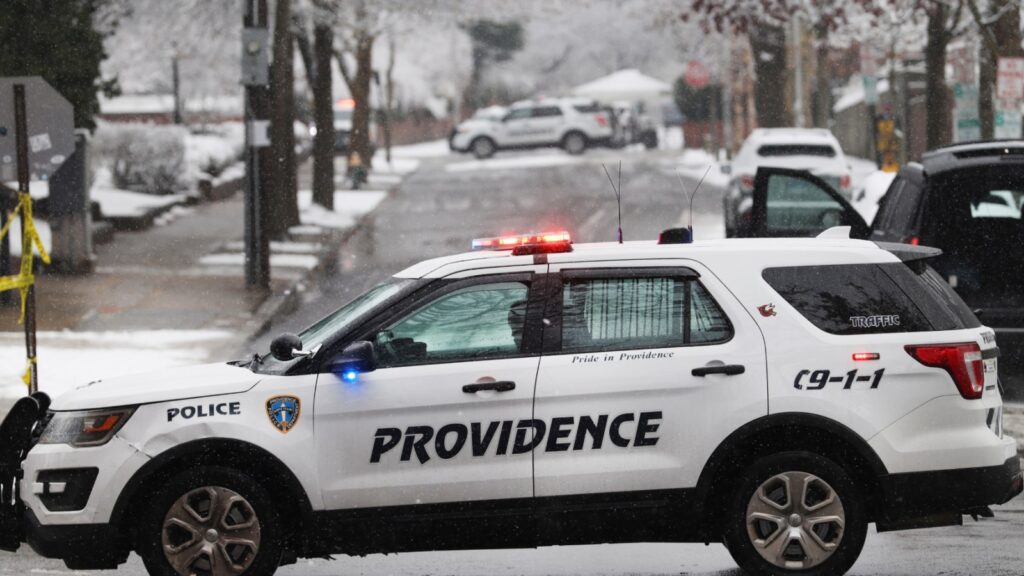How Hurricane Helene Survivors Can Legally Protect Themselves
Hurricane Helene, which first made landfall as a Category 4 in Florida on Sept. 26, has since carved out a 500-mile path of destruction. The hurricane swept through Florida, the Carolinas, Georgia, Virginia, and Tennessee uprooting homes, collapsing critical infrastructure, and knocking out power and phone service. So far, the death toll has surpassed 200, according to CNN, though it’s expected to rise. Its extreme winds, record-level rainfall, severe flooding, and relentless mudslides have led to a lack of adequate food, water, shelter, and medical supplies across the Southeast.
As federal and local disaster relief organizations step in to provide life-saving aid, Caitlin Morgenstern and Amelia Hoppe, co-founders of the New Orleans-based disaster rights advocacy organization Emergency Legal Responders, want natural disaster survivors to consider support that often gets overlooked: their legal protections.
“After a disaster, everybody thinks of food, they think of water, they think of shelter, they think of medical but they don’t think of legal and social services,” Hoppe says. “In the end, actually, legal and social services [are] so important because it has the longest generational impact. We’re still helping people with cases from [Hurricane] Katrina, and we’re helping people with cases in Maui and all over.”
Morgenstern and Hoppe founded Emergency Legal Responders in 2017 with an aim to help people plan and recover from a natural disaster. They strive to inform natural disaster survivors of their legal rights. The duo, who have a combined 23 years of experience in disaster relief, spoke to Rolling Stone about how to follow a legal needs timeline, how to identify disaster fraud, and how to apply and appeal for disaster recovery programs.
Before a natural disaster
In preparation for a natural disaster, Emergency Legal Responders encourage people to follow a disaster checklist, or a worksheet that details the five types of documents a person may need following a disaster. This includes identification paperwork (i.e. birth certificates, passport), personal documents (i.e. custody documents, wills), medical information (i.e. allergy list, insurance cards), financial documents (i.e. tax information, bank account information), and housing information (i.e. proof of address, rental agreements). The legal advocacy group also suggests storing the documents in a weatherproof folder just before a storm strikes, which they suggest testing in a bathtub. Following Hurricane Helene, the nonprofit partnered with mutual aid groups in the six affected states on Sept. 28 to distribute disaster checklists to residents.
“One of the big things that happened after Katrina, was that the National Guard wasn’t letting individuals back into their neighborhoods or homes because they didn’t have identification that matched the address of where they lived,” Hoppe says. “Just from experience, I’m imagining that’s going to be something people are going to have to be dealing with.”
Post-disaster timelines to follow
Morgenstern and Hoppe also put together a legal-needs timeline which helps affected residents plan for the six weeks to a year after a disaster. Within the first six weeks, for example, Hurricane Helene survivors should begin filing insurance claims, utility issues, applications for Federal Emergency Management Agency, or FEMA, and look out for false eviction notices, and security deposit disputes, Morgenstern says.
“It’s not a matter of, if there’s a disaster, it’s when,” Morgenstern says, “With Helene, a lot of places were hit that hadn’t ever seen a disaster of this scale.”
Another helpful tool is the disaster fraud timeline, which outlines the deceptive practices a person can anticipate following a disaster. For example, within the first six weeks disaster survivors are susceptible to price gouging or exorbitant prices on necessities like water, hotel rates, gas, and groceries, which Morgenstern says is already taking place in states like North Carolina, Florida, and Georgia. They’ve already heard of reports of contractor fraud in Steinhatchee, located in Florida’s Big Bend region, a common threat within the first six months after a disaster.
“So you see a lot of instances where contractors are unlicensed and they’re asking people to provide all the money up front,” Morgenstern says. “Never do that. Try to always get a contract or something in writing, and only give a partial deposit.”
Caitlin Morgenstern and Amelia Hoppe, co-founders of the Emergency Legal Responders
Evelyn Carriere*
Watch out for disaster relief scams
Predatory attorney practices will also begin springing up in the affected regions. Following Hurricane Ida, a Texas law firm faced a federal investigation after allegedly mishandling thousands of lawsuits over property damage in Louisiana. Morgenstern says that hurricane survivors need to look out for targeted ads placed by law firms, disguised as federal aid programs. She advises people to check for “.org” or “.gov” when applying for disaster aid from nonprofit organizations or federal programs.
When applying for federal disaster relief programs like FEMA, residents have 60 days from the date a disaster is declared by the President to apply for resources, which can be extended from state to state based on circumstance. FEMA has also begun providing $750 checks to survivors in 17 Florida and 26 North Carolina counties for emergency needs like food, water, first aid, and prescriptions. On the other hand, if an applicant selects the wrong status for a claim, such as determining if they’re within the “boarders,” “renters,” or “household” category, it can cause their application to get denied. If this happens, Morgenstern says to “appeal, appeal, appeal” as many times as possible. Emergency Legal Providers provide FEMA’s disaster assistance guides on social media along with in-person and virtual educational events around post-disaster services.
FEMA’s complex terminology could halt applicants from getting life-saving funds, Hoppe adds: “FEMA could totally renew itself, everything could be so great, but if it’s not accessible, there’s no point. Unless there’s language access, unless there’s community access, unless there’s social access, there’s actually no point to all that work.”
For Hoppe, it’s a priority to not only provide resource guidelines, set up disaster clinics and educational trainings, but to let the public know, “disaster and social services are part of the emergency landscape.”





